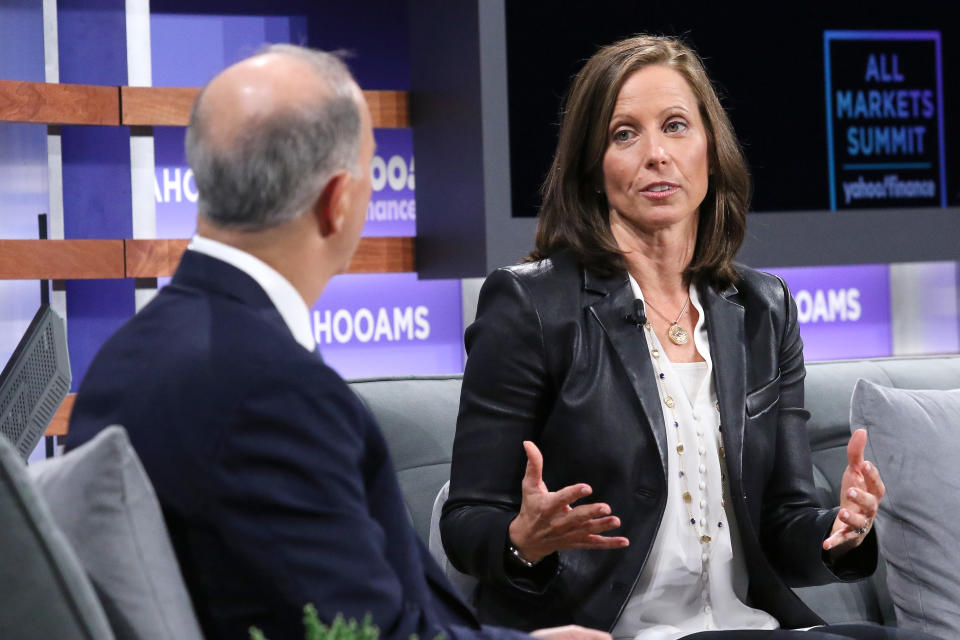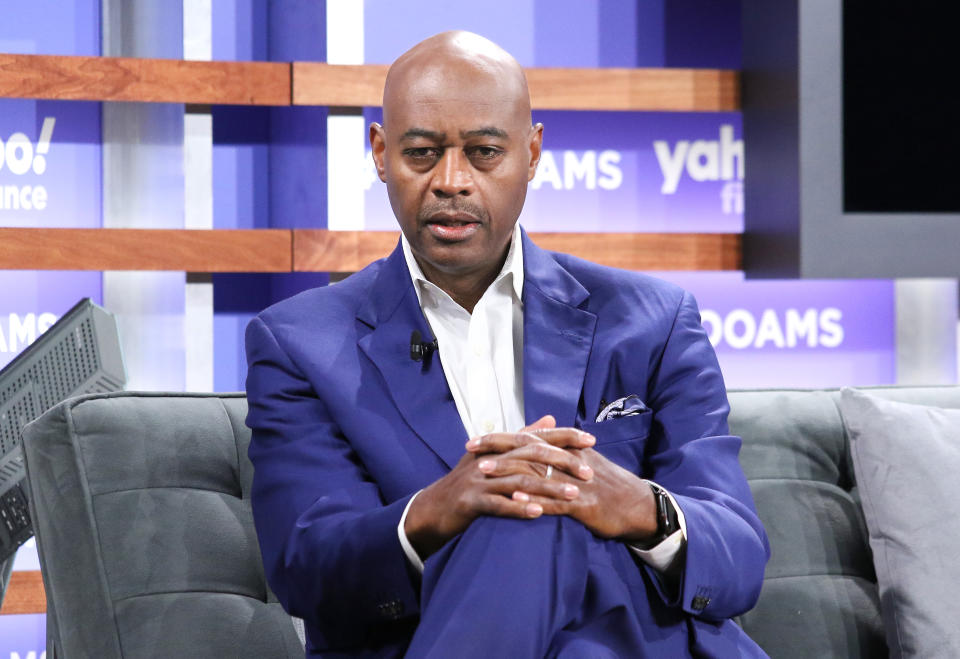Millennials really are different. Yes or no?
Once and for all, are millennials really different from 1) older generations like Baby Boomers, and 2) previous generations of younger people?
I have to say the answers seem pretty obvious to me, yet for some reason folks feel the need to endlessly opine on this. I guess it’s kind of a timeless debate probably going back to when we all lived in caves.
Make no mistake though, billions of dollars, never mind the future of the biggest companies on the planet and more are at stake. How is that? Attracting and retaining a younger demographic is of course critical to the sustainability and success of all our institutions. Think of all the attention placed on and strategies crafted to addressing the wants and needs of young people, whether they’re customers, employees or of course voters.
So the stakes are high.
I delved into this a bit a few months ago, but recently had the opportunity to get top business leaders to give us their take at the Yahoo Finance All Markets Summit: Generational Opportunities.
Naturally, the biggest change agent when it comes to cleaving the young from the old or from previous generations is technology.
Technology affects behavior which affects society and commerce. Former star basketball player and current ESPN host and commentator Jay Williams spoke about how it isn’t just professional or college athletes who are looking to monetize themselves, but even younger people. “I think you are going to see a lot of kids in high school start thinking about themselves as brands as well, he said. “It's going to push the envelope.” None of this would be even conceivable without mobile phones and Instagram for instance.
Paradoxically perhaps, young people seem to demand authenticity (a favorite term) from that virtual world. Listen to a practitioner, Mark D’Arcy, chief creative officer of Facebook, “...younger consumers are looking for purpose in the brands they connect with, that they invest in,” he says. “They want to know the story. They want, increasingly sustainability and environmentalism. These are not trends. These are core principles of branding in the brands that are really connecting. And that story behind the brand is an integral part of that.”

And that sentiment is finding its way into all manner of businesses. Adena Friedman, CEO of Nasdaq, spoke about the influence of the young, “...our clients are changing. So their expectations of the markets are changing,” she said. “They're much more focused on ESG [environmental, social, and governance.] It's not just how well the company does financially, but how well they do in serving their communities around them. Are they doing the right thing while they are driving to the right financial results? That is changing investing in many ways, and that is all being driven by millennials and — and Gen Zers. And I think that's going to have a lasting impact on the markets and on the companies and how we operate.”
Dan Houston, CEO of Principal Financial Group, notes that the average savings rate of younger Americans “has increased by 25% since the [2008/2009 financial] crisis.”
All this has huge implications for the workplace too.
“[Younger workers] are quite focused on making sure that their employers have a social conscious,” said Ray McGuire, vice chairman of Citigroup and a veteran investment banker. “We went through a cycle in the dot com era where for the incoming workforce we had to have concierge services. Today is different. The demands that our workforce are placing on us today are actually quite constructive. They are demanding that we be more socially conscious.
“And so while there clearly is the imperative of generating shareholder value, there is the imperative to creating social value and be socially conscious.”

My take on this? Yes millennials are different from Baby Boomers. And yes they’re different from previous generations of young people. Of course they are. And of course they’re often similar. The real questions are how different are young people today compared to other times in history and how are they different.
Bottom line: I’d say that technology and being more concerned about social issues makes young people today moderately to significantly more different than usual. And while young people might think it’s the socially conscious part that makes them different, it’s actually especially the technology part. Ask any child of the 1960s about Greta Thunberg and climate change activism and they will tell you it rings familiar. iPhones and Snap? Never been done before.
But are young people really different? Really?
Merck CEO Ken Frazier, talked about millennials and Gen Zers wanting that sense of purpose as not being all that novel. “I don't think that's a new thing. I always hear people say, you know, younger people want a sense of purpose. I'm glad they do. We offer that sense of purpose. [But] we talk about younger people as though we weren't younger at one point in time. I can tell you that when I was young I actually cared about purpose then, too.”
Me too, Ken. Me too. And I’m sure we both still do by the way. It’s just that now we can share it on Instagram.
This article was featured in a special Saturday edition of the Morning Brief on October 12, 2019. Get the Morning Brief sent directly to your inbox every Monday to Friday by 6:30 a.m. ET. Subscribe
—
Andy Serwer is editor-in-chief of Yahoo Finance. Follow him on Twitter: @serwer.
Read more:
Facebook's Zuckerberg and Sandberg are this involved with the company's content issues
Negative interest rates are coming and they are downright terrifying
Follow Yahoo Finance on Twitter, Facebook, Instagram, Flipboard, SmartNews, LinkedIn, YouTube, and reddit.

 Yahoo Finance
Yahoo Finance 